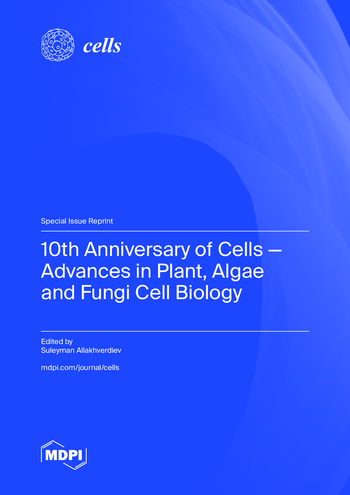Class Effect Unveiled: PPARγ Agonists and MEK Inhibitors in Cancer Cell Differentiation
IF 5.1
2区 生物学
Q2 CELL BIOLOGY
引用次数: 0
Abstract
Epithelial-to-mesenchymal transition (EMT) plays a major role in breast cancer progression and the development of drug resistance. We have previously demonstrated a trans-differentiation therapeutic approach targeting invasive dedifferentiated cancer cells. Using a combination of PPARγ agonists and MEK inhibitors, we forced the differentiation of disseminating breast cancer cells into post-mitotic adipocytes. Utilizing murine breast cancer cells, we demonstrated a broad class effect of PPARγ agonists and MEK inhibitors in inducing cancer cell trans-differentiation into adipocytes. Both Rosiglitazone and Pioglitazone effectively induced adipogenesis in cancer cells, marked by PPARγ and C/EBPα upregulation, cytoskeleton rearrangement, and lipid droplet accumulation. All tested MEK inhibitors promoted adipogenesis in the presence of TGFβ, with Cobimetinib showing the most prominent effects. A metastasis ex vivo culture from a patient diagnosed with triple-negative breast cancer demonstrated a synergistic upregulation of PPARγ with the combination of Pioglitazone and Cobimetinib. Our results highlight the potential for new therapeutic strategies targeting cancer cell plasticity and the dedifferentiation phenotype in aggressive breast cancer subtypes. Combining differentiation treatments with standard therapeutic approaches may offer a strategy to overcome drug resistance.类效应揭开面纱:PPARγ 激动剂和 MEK 抑制剂在癌细胞分化中的作用
上皮细胞向间质转化(EMT)在乳腺癌的进展和耐药性的产生中起着重要作用。我们之前展示了一种针对侵袭性去分化癌细胞的转分化治疗方法。利用 PPARγ 激动剂和 MEK 抑制剂的组合,我们将扩散的乳腺癌细胞强制分化为后有丝分裂的脂肪细胞。利用小鼠乳腺癌细胞,我们证明了 PPARγ 激动剂和 MEK 抑制剂在诱导癌细胞向脂肪细胞转移分化方面的广泛作用。罗格列酮和吡格列酮都能有效诱导癌细胞的脂肪生成,表现为PPARγ和C/EBPα上调、细胞骨架重排和脂滴积累。在TGFβ存在的情况下,所有测试的MEK抑制剂都能促进脂肪生成,其中Cobimetinib的作用最为显著。来自三阴性乳腺癌患者的转移体外培养显示,吡格列酮和科比替尼联合使用可协同上调 PPARγ。我们的研究结果凸显了针对侵袭性乳腺癌亚型的癌细胞可塑性和去分化表型的新治疗策略的潜力。将分化治疗与标准治疗方法相结合可能是克服耐药性的一种策略。
本文章由计算机程序翻译,如有差异,请以英文原文为准。
求助全文
约1分钟内获得全文
求助全文
来源期刊

Cells
Biochemistry, Genetics and Molecular Biology-Biochemistry, Genetics and Molecular Biology (all)
CiteScore
9.90
自引率
5.00%
发文量
3472
审稿时长
16 days
期刊介绍:
Cells (ISSN 2073-4409) is an international, peer-reviewed open access journal which provides an advanced forum for studies related to cell biology, molecular biology and biophysics. It publishes reviews, research articles, communications and technical notes. Our aim is to encourage scientists to publish their experimental and theoretical results in as much detail as possible. There is no restriction on the length of the papers. Full experimental and/or methodical details must be provided.
文献相关原料
| 公司名称 | 产品信息 | 采购帮参考价格 |
|---|
 求助内容:
求助内容: 应助结果提醒方式:
应助结果提醒方式:


